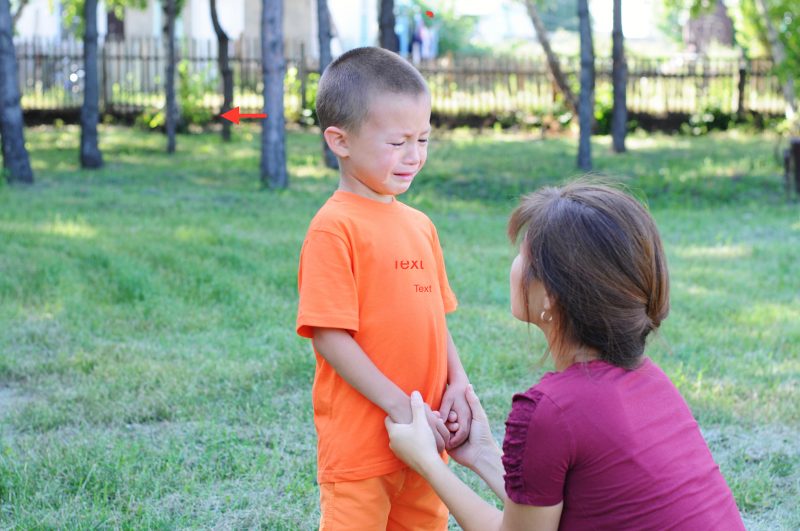How can we help our child calm down after an emotional explosion? This is a question I hear from parents over and over again.
Here are a few useful ways to help your child mange their emotions and calm themselves down.
Have a Plan- Its important to be proactive when it comes to managing your child’s emotions. Every parent should have a plan of action before your child’s tantrum or meltdown. Children will inevitably become emotionally overloaded and parents need to be prepared. Discuss with other family members, steps you will all take if and when your child becomes frustrated, angry, or explosive. It’s important to all be on the same page and to have shared strategies.
Develop an Emotional Vocabulary- Children need to be taught the words to express themselves. Teach your child how to name their feelings. Start to develop an emotional vocabulary with your child using words like “scared” “sad” and “angry.” When your child has the words to express their feelings they can begin to regulate their emotions and are less likely to act in an aggressive way toward others.
Teach Empathy- When we teach our children to read other people’s emotions or to think about how their behavior made someone else feel, we are stressing the importance of the feelings of others. Children who are empathetic display more positive behaviors and stronger social relationships.
Deep Breathing- If your child had a meltdown, a good way to bring them back is to have them begin to take a few deep breaths. Teach them deep breathing techniques at a time when they are more relaxed, such a before bed. Then they will be able to use this skill when their emotions get the best of them. A few deep breaths will calm an upset child down and allow them an opportunity to express their feelings calmly.
Mange Your Own Anger-When your child is in the middle of a tantrum, it’s very important to keep your cool. Parents often get caught up in the moment and respond with anger. Instead take a deep breath, and try to stay in the present moment. Remember the strategies you have in place for this very moment and try to implement them. You will feel better about yourself if you are able to guide your child through this emotional reaction without yelling and screaming. Helping your child calm down takes patience and practice, practice, practice.


Recent Comments